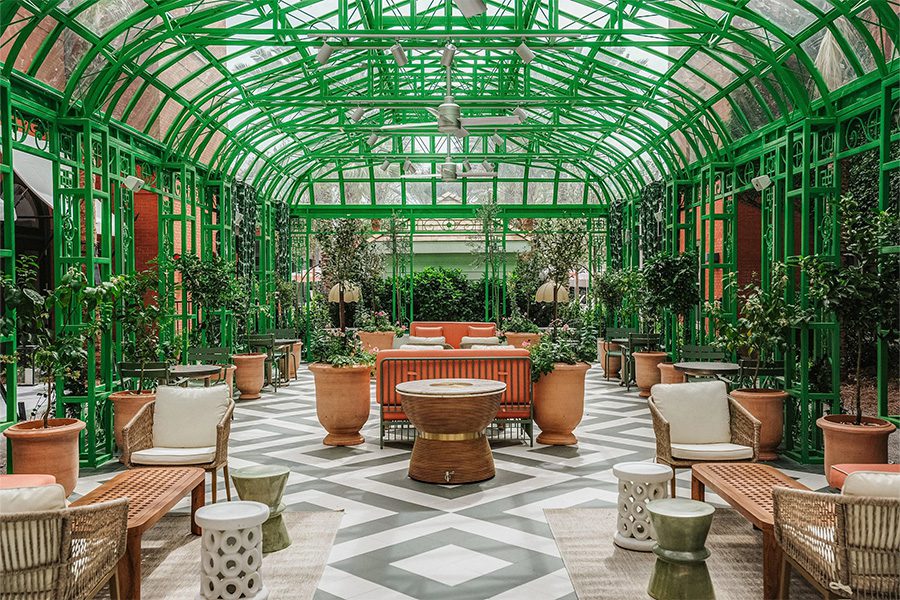Automats are poised to make a comeback across the U.S., a look at post-COVID-19 corporate travel, and RISD makes strides toward its commitment to diversify its staff and curriculum. All that and more in this week’s Five on Friday.
RISD looks to fill 10 new positions aimed at tackling systemic racism
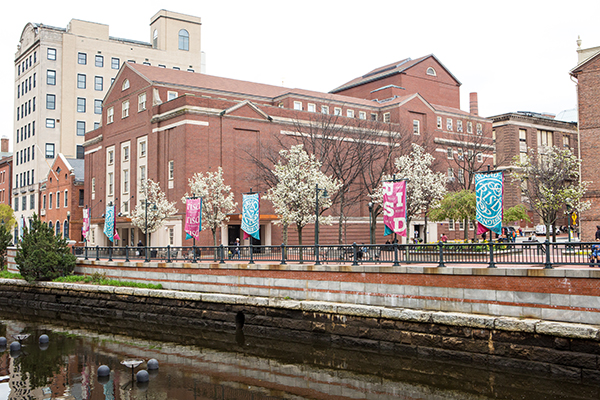
The Riverwalk on RISD’s campus; photo courtesy of RISD
In an effort to eradicate institutional racism and promote diversity on its campus, the Rhode Island School of Design (RISD) has launched a search to hire 10 fulltime faculty members as part of its Race in Art & Design cluster-hire initiative, reports Dezeen. Four of the roles will be within the school’s Liberal Arts and Experimental and Foundation Studies divisions, three in Architecture and Design, and three in Fine Arts. The new positions—one of many anti-racism actions RISD has underway—were made possible through one of the largest anonymous gifts the private institution has ever received. “This initiative will bring 10 new faculty members to RISD in fall 2021, launching a fundamental transformation toward diversifying and expanding our curricula,” says RISD president Rosanne Somerson.
Contactless dining gets a second wind
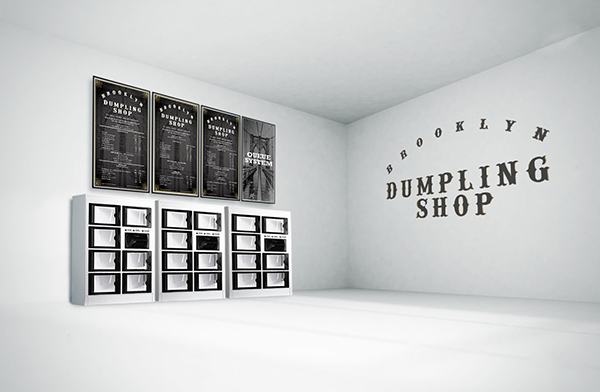
A rendering of Brooklyn Dumpling Shop; courtesy of Eye Catch
There is no denying the restaurant scene looks much different than it did a year ago. This change in eating habits has allowed for the emergence, and resurgence, of certain concepts. According to Eater, New York-based automat Brooklyn Dumpling Shop has penned a deal with development company Fransmart to sell 500 franchises in North America over the next 10 years. (The fast-food eatery, which boasts “Zero Human Interaction” on its Instagram profile, is opening its first location in Manhattan’s East Village next month.) Meanwhile, fast-casual chain Chipotle is debuting its first “digital-only” restaurant in Highland Falls, New York, reports CNN. Although the space may look like a typical outpost at first glance, customers will not be able to place orders onsite as the space will be used solely for pick-up and delivery.
The pros and cons of reopening, from Hawaii’s perspective

Halepuna Waikiki by Halekulani resort in Hawaii, designed by Champalimaud Design and Anbe Aruga & Ishizu Architects
A recent New York Times article contemplates whether welcoming tourists back to Hawaii is safe for locals, or just the economy. Since mid-October, the state began loosening restrictions by allowing vacationers to forego mandatory the 14-day quarantine as long as they test negative for COVID-19. “Hawaii is at the vanguard of what travel will look like for the next year or so as we reopen,” says Avi Mannis, senior vice president of marketing at Hawaiian Airlines, which is offering pre-travel COVID-19 tests. However, the potential roadmap for reopening has many residents feeling hesitant. “It feels like at every point that tourism gets prioritized,” says Landon Tom, a bartender and server in Waikiki. “It feels, whether intentionally or not, like we are the guinea pigs for tourism.”
What’s next for business travel?
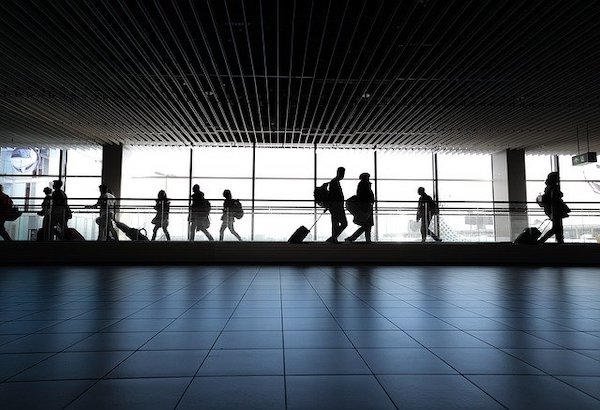
Image by Rudy and Peter Skitterians from Pixabay
Employees have settled into their remote work routines, employers don’t mind saving money, and COVID-19 is still a very real threat. So where does corporate travel go from here? The Associated Press delves into the current state of business trips, which represented 21 percent of the $8.9 trillion spent on global travel and tourism, according to the World Travel and Tourism Council. For instance, Delta Air Lines CEO Ed Bastian suggests business travel could settle into a new normal that is 10 to 20 percent lower than where it was previously. “I do think corporate travel is going to come back faster than people suspect,” Bastian said. “I just don’t know if it will be come back to the full volume.”
HD’s 2020 Product Marketplace is out now
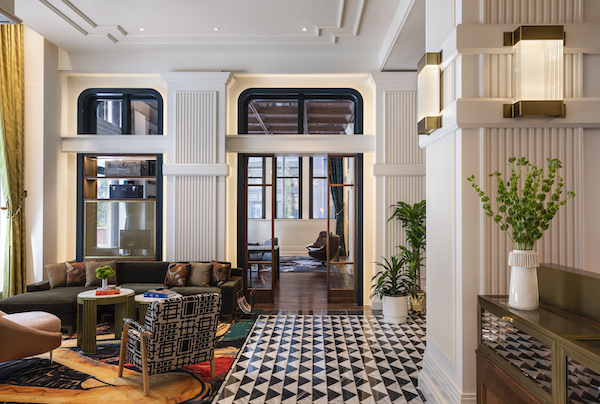
Canopy by Hilton Philadelphia City Center, designed by AvroKO; photo by Julie Soefer
As designers continue to work from home without their sample libraries at arm’s length, and with most industry events and tradeshows sidelined until 2021, the second annual Product Marketplace issue showcases some of the innovative product design that continues despite the pandemic. The tabloid, which was project managed by HD associate editor Matt Dougherty, is chockfull of more than 140 beautiful pieces—from wallcoverings and seating to casegoods and bedding, and everything in between. Time to get to speccing!



